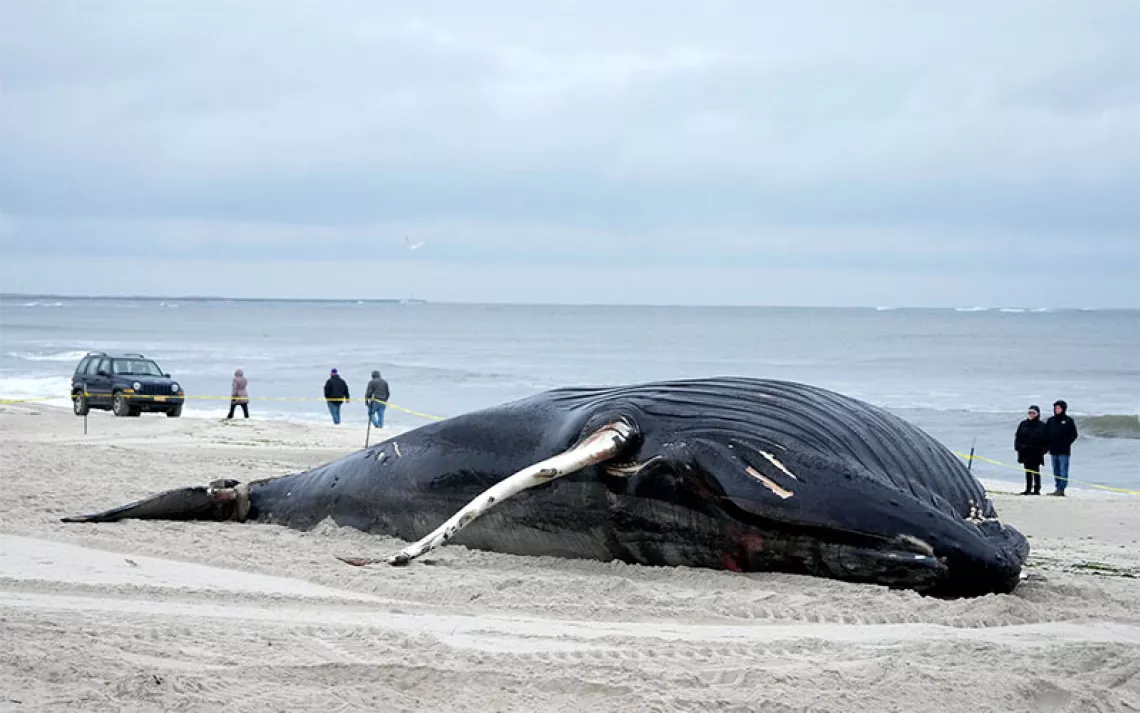Are There Eco-Friendly Credit Cards?
Here's how to make your money work a little better for the planet

Illustration by Loris Lora
Hey Ms. Green!
How can I find out which credit card companies are instituting policies to reduce their investments in fossil fuel projects? I want to stop supporting big, dirty businesses in every way I can.
—Roberta in Scranton, Pennsylvania
Me too! The bank issuing your credit card collects all sorts of fees—annual, balance transfer, and late fees plus the costs that merchants pay. It then lends that money to people and businesses, sometimes ones you don't support. From 2016 to 2018, for example, 33 international banks financed polluting fossil fuel projects with $1.9 trillion, according to the 10th edition of Banking on Climate Change, a report by the Rainforest Action Network, the Sierra Club, and partners. Only BNP Paribas has restrictions on financing fracking and liquefied natural gas.
BNP Paribas's Bank of the West partners with Doconomy, a service that helps customers track and reduce their carbon footprint. Doconomy offers a credit card that prevents consumers from buying anything once they've reached their CO2 emissions limit. The company also prioritizes equity: The CEO is a woman of color, the chair of its board is a woman, and half its board members are women. Bank of the West is planning to offer a 1% for the Planet Mastercard to people and businesses in the United States (1 percent of the revenue goes to the Protect Our Winters nonprofit at no cost to cardholders).
You could also sign up for the Green America Visa card, issued by TCM Bank, a subsidiary of the Independent Community Bankers of America. A percentage of what you spend would go toward Green America's work supporting fair trade, clean energy, green businesses, and bans on genetically modified organisms.
I hope someone will create a credit card that pays us not to shop, like the apps that pay us to exercise.
 The Magazine of The Sierra Club
The Magazine of The Sierra Club







